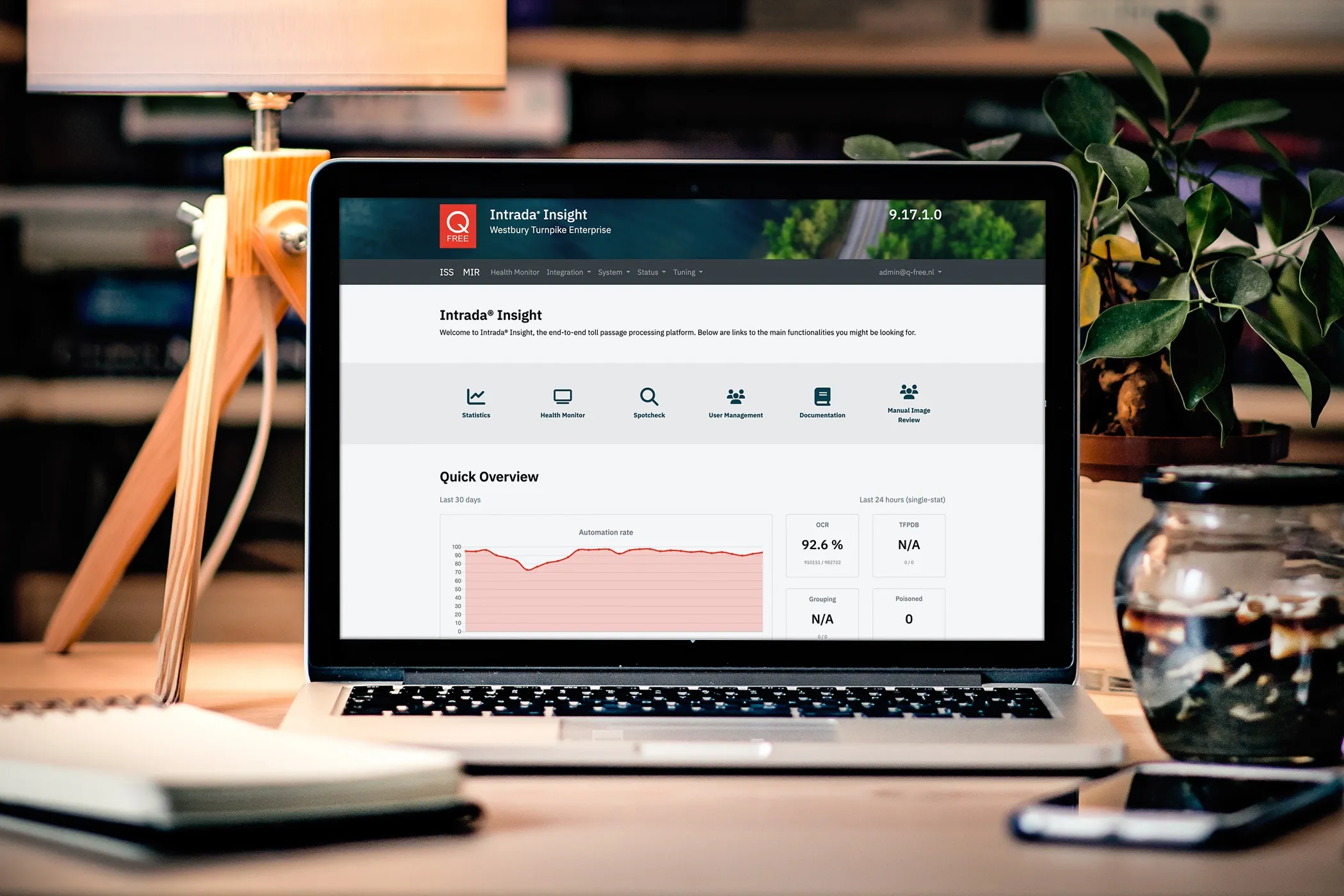Australia’s Roads and Maritime Services (RMS) has awarded Q-Free an order for its OBU610 tags valued at US$2.4 million.
This latest generation toll transponder is claimed by the company to be the smallest of its kind, yet powerful enough to support both single and multiple protocol applications. With a battery life of more than seven years, the transponder supports any application from single lane to full multi-lane free-flow and open-road tolling.
January 8, 2014
Read time: 1 min
Australia’s 6722 Roads and Maritime Services (RMS) has awarded 108 Q-Free an order for its OBU610 tags valued at US$2.4 million.
This latest generation toll transponder is claimed by the company to be the smallest of its kind, yet powerful enough to support both single and multiple protocol applications. With a battery life of more than seven years, the transponder supports any application from single lane to full multi-lane free-flow and open-road tolling.
“With this order included, we have supplied more than two million tags to RMS, representing an important basis for our activity in Australia,” comments Q-Free CEO, Thomas Falck.
The order will be delivered during the second quarter of 2014 by Q-Free’s subsidiary in Sydney.
This latest generation toll transponder is claimed by the company to be the smallest of its kind, yet powerful enough to support both single and multiple protocol applications. With a battery life of more than seven years, the transponder supports any application from single lane to full multi-lane free-flow and open-road tolling.
“With this order included, we have supplied more than two million tags to RMS, representing an important basis for our activity in Australia,” comments Q-Free CEO, Thomas Falck.
The order will be delivered during the second quarter of 2014 by Q-Free’s subsidiary in Sydney.










